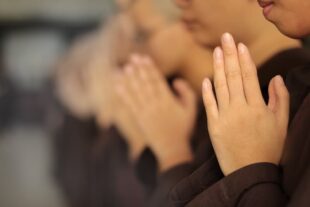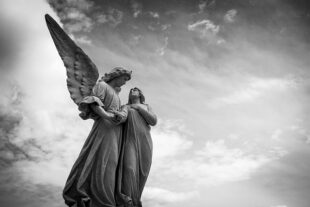
Religious freedom and human rights are fundamental values in the United States, reflecting the basic principles on which the country was founded. In this article, we will discuss important legal and ethical issues related to religious freedom and human rights protections in the United States.
- The First Amendment and Religious Freedom
The First Amendment to the U.S. Constitution establishes the principle of separation of church and state and guarantees religious freedom. It grants every citizen the right to choose, practice, and propagate their religion, and to express their religious beliefs freely.
- Balance between Religious Freedom and Other Rights
There is an ongoing debate about how to strike a balance between religious freedom and other human rights. For example, the question of whether a religious organization can refuse to serve a client based on their religious beliefs (as has been the case with marriage services for gay couples in various states) raises questions about equality and non-discrimination.
- Religious Objects and Religious Liberty
Special attention is paid to the rights of religious facilities such as churches, synagogues, and mosques. Here, complex issues arise about taxation, land use, and the construction of religious facilities. Religious freedom laws often determine what restrictions may be placed on these facilities and what benefits they may receive from the state.
- Religious Freedom in Education
In the education system, religious freedom is also an important issue. In U.S. schools and universities, there is a balance between religious freedom and a compulsory curriculum. This raises questions about how to teach evolution, sex education, and other topics that may conflict with religious beliefs.
- Ethical Dilemmas and the World Context
Religious freedom also has a global dimension. The U.S. actively supports international efforts to protect human rights and religious freedom in other countries. However, there are ethical dilemmas where clashing religious and cultural norms can create a conflict of interest.
- Ongoing Discussion and Policy Development
Religious freedom and human rights are topics of ongoing debate in American society and are prominent in law and policy development. They require consideration of different viewpoints and the search for balanced solutions.
In conclusion, religious freedom and the protection of human rights are values upon which American society is built. Ongoing discussion and policy development in this area not only supports these values, but also helps ensure justice and fairness for all citizens, regardless of their religious beliefs.





